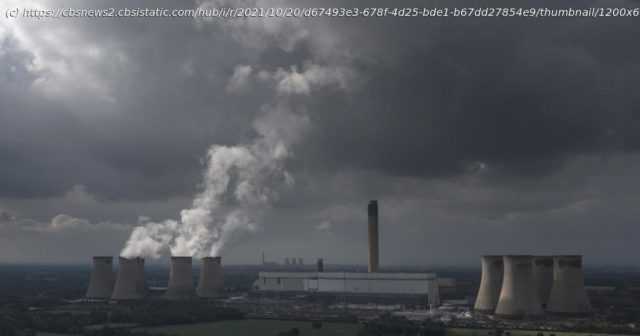If the Earth hits 1.5°C of global warming, the U.N. has warned the world can expect „extreme events unprecedented in the observational record.“
Limiting global warming to 1.5°C is vital to reducing the risk of catastrophic natural disasters and weather events. Global leaders have spent months committing to make this happen, but on Wednesday, the United Nations released a report showing that their actions are falling short. The 2021 Production Gap Report compares government’s plans for coal, oil and gas production to the levels required to limit warming under the Paris Climate Agreement. Researchers looked at 15 major producers of fossil fuels, including Australia, Brazil, Canada, China, Germany, India, Indonesia, Mexico, Norway, Russia, Saudi Arabia, South Africa, the United Arab Emirates, the United Kingdom, and the U.S. They found that most of these governments have significant policies in support of fossil fuels, and that many are planning to increase their production. These 15 countries, the report found, are planning to produce roughly 110% more fossil fuels in 2030 than what can be done to limit global warming to 1.5°C. The projected production levels are 45% higher than what’s needed to limit warming to 2°C. The burning of fossil fuels is one of the main contributors to human-caused climate change. The activity has increased the concentration of carbon dioxide, which is one of several greenhouse gases that trap heat within the atmosphere, warming the planet over time.
Start
United States
USA — Art U.N. finds that governments are still planning to increase oil and gas...






